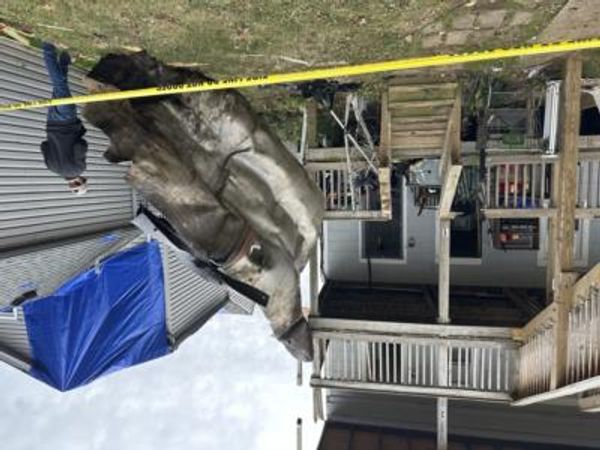
While Labor rightly copped a battering last week for its census question debacle, Peter Dutton got away without being interrogated at all about why, precisely, he thought a question on sexual orientation would be a bad idea.
“I think the set of questions that we’ve got at the moment, the long-term way in which we’ve collected this data, has stood us well as a country,” he said on Thursday, when Labor’s position was still no change to the questions for the 2026 census. “If you’ve got the woke agenda, which I think is at odds with the vast majority of Australians, then the prime minister should argue that case. But I think we’re pretty happy with the settings that we’ve got in place at the moment.”
“If you’ve got the woke agenda.” Dutton says this like it’s a particularly nasty virus. Is it a “woke agenda” to identify people’s sexuality? The Nazis used a pink triangle to identify purported LGBTIQA+ people, and while the term “woke” is so malleable as to apply to almost anything, woke Nazis are surely a step too far.
It’s also not merely a “woke agenda” but one “at odds with the vast majority of Australians”. Does that mean the vast majority of Australians would oppose a voluntary question on sexual preference? Either way, Dutton seems to think a question about sexual preference is not merely illegitimate and without merit, but also something for which only a minority of the “woke” would advocate.
The opposition leader could have said the government has no business prying into people’s sexuality, even on a voluntary basis. He could have said the census is already large enough and further expansion isn’t justified. Instead, he labelled it “woke”. Why?
Clearly he wants to paint Labor as the creatures of a minority of LGBTIQA+ people, while he represents the “vast majority” of ordinary (read: heterosexual) Australians.
This peculiar Othering of LGBTIQA+ people passed without notice amid the furore caused by the government’s stuff-up. What also passed unexplored was the argument from LGBTIQA+ groups that not having a census question was not merely a broken election promise by Labor, which it was, but also one that made them, in the words of one representative, feel “invisible and demeaned“.
That seemed to sum up a widespread feeling among the LGBTIQA+ community that a census question not merely generates valuable data for policymakers, but its absence also showed they were once again being deliberately ignored by the census being “straightwashed”.
It’s not for an old hetero male to question or pass judgment on such a feeling, of course, but that view seems to hand a lot of entirely undeserved power to governments. LGBTIQA+ people exist without and before any government legitimisation or recognition, delivered via a census question or in any other way. Moreover, it relies on a very benign view of governments that, until relatively recently, actively persecuted and discriminated against LGBTIQA+ Australians.
Would people have the same view if an explicitly homophobic government were in power, or one that relied on the support of homophobic politicians?
Regardless of that, Labor clearly didn’t think of what its decision meant in terms of the importance of representation and identity, whereas Peter Dutton, instinctively, understood it as being entirely about those things.
The exploitation of grievance, which is such an important mechanism for Dutton’s political personality, treats representation and symbolism as every bit as important as actual real-world policy outcomes. Both are zero-sum games: any enhancement in representation for a minority group must automatically be at the cost of the — white, heterosexual — majority.
LGBTIQA+ people have already taken so much from the rest of us, now they want to ruin the census: this seems to be Dutton’s position. That’s why he immediately described it as a woke agenda out of touch with ordinary Australians. In the same way that the Indigenous Voice to Parliament was unfair to white Australians (where’s their Voice to Parliament?), or that immigrants will prevent people from being able to see the doctor, white grievance and victimhood are never far away.
Labor has no counter to this beyond labelling Dutton divisive, which is water off a duck’s back. Labor’s agenda, hardly a woke one, is to govern well enough that voters aren’t tempted to lash out at whatever targets Dutton puts in front of them — migrants, refugees, Muslims, LGBTIQA+ people.
But in concentrating on that, the government risks failing to understand the importance of symbols and representation, as well as good policy. Dutton, with a tremendous sense for the opportunities of division, understands such things at an instinctive level.







